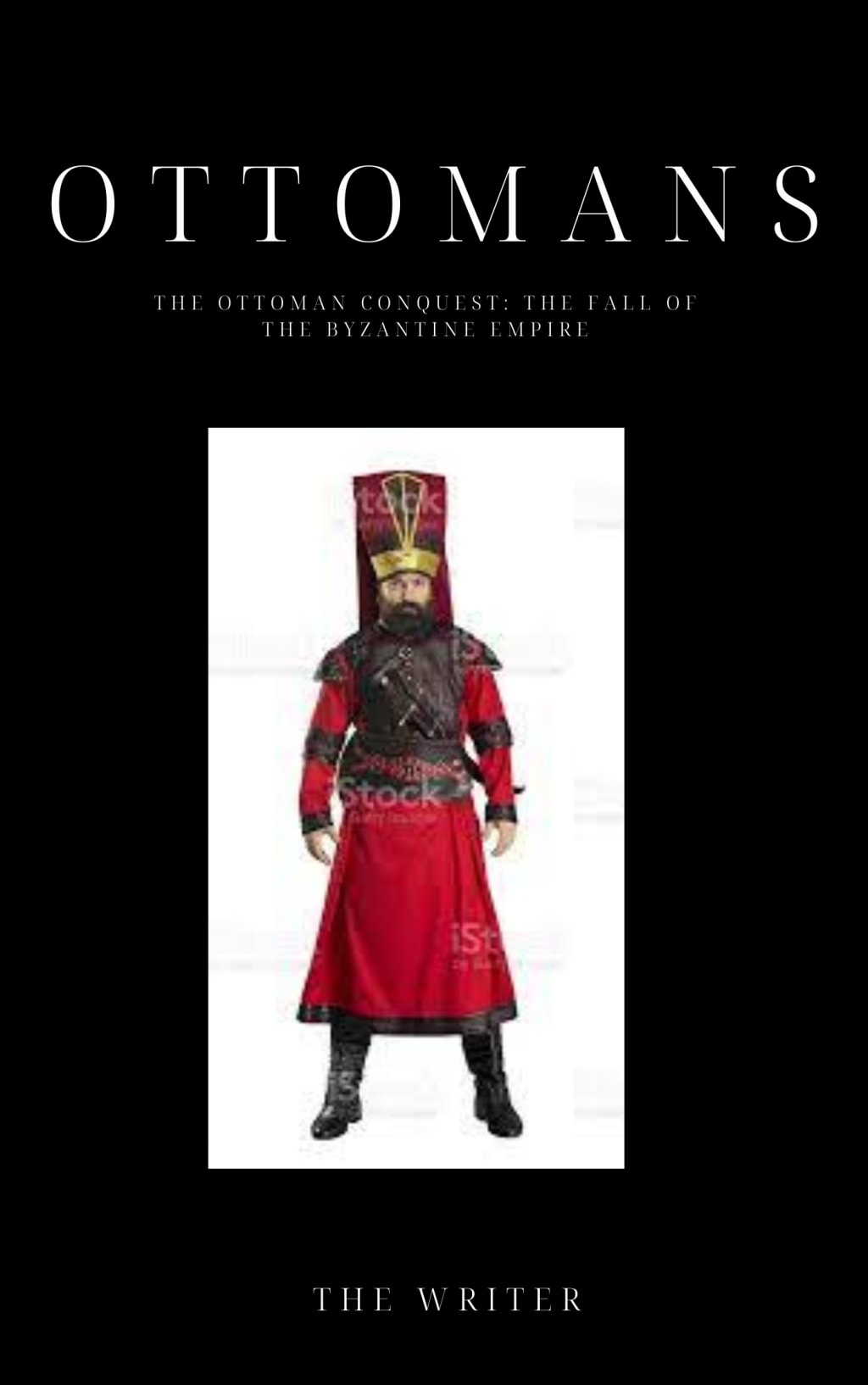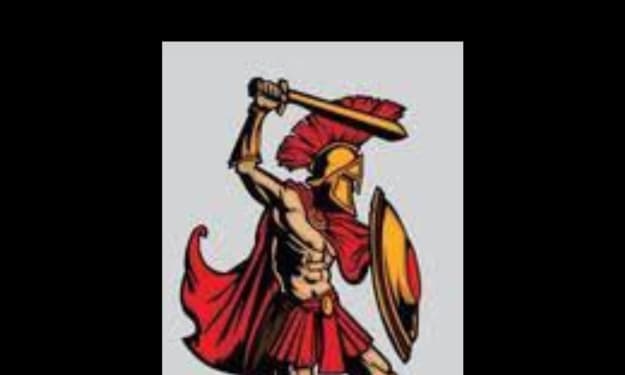Most expensive mistakes in all history
Man, mistakes can really cost big time! Like that incident with the train carrying Boeing 737 fuselages, that was a massive blunder. The negligence in checking the tracks led to such a huge loss for Boeing. It's crazy how even with all the investment in maintenance, a simple oversight can lead to such a costly mistake. It just goes to show how important attention to detail is, especially when dealing with valuable cargo like aircraft parts. That's a tough situation with the train incident and the costly mistake it led to. Negligence in track maintenance can really have serious consequences, as we saw with the Boeing incident. It's surprising how such a seemingly small oversight can result in such a massive loss. And yeah, talking down your own business in public like Gerald Ratner did can definitely have a major impact. It's crucial to maintain a positive image of your business to attract customers and build trust. Wow, Gerald Ratner really messed up big time with those public statements about his own jewelry business. It's unbelievable how a few ill-considered words can have such a devastating impact on a successful empire. His remarks not only insulted his customers but also caused a significant decline in the company's reputation and share price. It just goes to show the importance of maintaining a positive image and reputation, especially in the business world. It's astonishing how Gerald Ratner's careless remarks led to such a rapid downfall of his company's stock price and his own financial situation. He went from being incredibly wealthy to losing it all due to his public blunders. The impact of his words on the company's reputation was truly catastrophic. On the other hand, the Hoover case highlights the risks associated with poorly planned marketing strategies, like the complicated free flights offer that backfired. It's a reminder of the importance of considering all aspects of a promotion to avoid unintended consequences. It's crazy how Hoover's whole plan backfired so badly! They thought people wouldn't bother with the hassle of getting the free flights, but boy, were they wrong! Customers went all in, buying the cheapest stuff just to qualify, and then went through all the trouble to get those tickets. The number of applicants far exceeded what Hoover expected, leading to a massive financial hit. The aftermath was brutal, with the company facing huge costs and a severe loss of market share. It's a cautionary tale of how a seemingly good idea can turn into a disaster if not properly executed. Hoover's reputation took a major hit, and the consequences were severe. It's like the Bugatti driver didn't realize how much attention he was attracting with that flashy car! The whole pelican excuse he used to explain the crash was pretty wild. Thinking a bird made him swerve into a swamp in a million-dollar car sounds like a stretch. And to top it off, someone filming the whole thing and exposing the truth made it even more unbelievable. It's a lesson in being mindful of the spotlight when you're driving a standout car like that! Some mistakes are quite amusing to hear about, but others can be quite disheartening. If you're a fan of supercars, this next blunder will surely tug at your heartstrings. Last August in 2023, drivers in Farningham, UK, witnessed a costly and heartbreaking sight on the road. A truck, or lorry as the Brits say, had a serious accident, causing its trailer to overturn with a load of 10 supercars. Among the damaged cars were a Lamborghini Aventador, a Jaguar F-Type, two Ferrari F430s, an Audi R8, a BMW 318i Sport Plus, an AMG GT Black Series, an Aston Martin DB11, a Nissan GT-R R35, and a Bentley Continental GT. Thankfully, there were no injuries, and the driver only suffered minor harm. The mishap occurred when the driver was navigating a steep downhill road at a modest 35 miles per hour, facing crosswinds that led to the trailer swaying. As he attempted to slow down, he encountered a group of slow-moving cyclists ahead of him. That driver faced a tough situation with the swaying truck and made a brave call to protect the cyclists. It was a heroic move, but the cost was staggering. The cars' collective value of around $2.5 million had to be written off. While it's not fair to call it a mistake since lives were prioritized over vehicles, it's still painful to see such a loss. Now, about that Volkswagen emission scandal, it was indeed a significant issue in the car industry. Volkswagen's actions to cheat emission tests by using defeat devices in their diesel vehicles were a serious breach of regulations. The EPA discovered the discrepancies, leading to a recall offer from Volkswagen. The environmental impact and wastage of 21,000 working cars in Victorville, California, due to this scandal are truly disheartening. Man, that Volkswagen scandal was a total disaster. When the EPA dug deeper, Volkswagen had to come clean about the cheat software they designed. The aftermath was massive - they had to buy back nearly 350,000 vehicles worldwide, pay fines, penalties, and settlements, all totaling a staggering $33.3 billion. That's a huge chunk of their revenue. Being honest from the start would have saved them a lot of trouble. And about that Prestige oil tanker incident, it was a real mess. The refusal to allow it to dock led to a catastrophic oil spill, polluting miles of coastline and causing a major environmental disaster in Spain. It's a stark reminder of the consequences of poor decision-making. That Prestige oil spill was a real mess, taking years and millions of dollars to clean up. The captain's negligence and refusal to address the ship's defects led to a preventable disaster. Despite being sentenced to prison and the insurers facing hefty fines, the legal battle for compensation is still ongoing. What a chaotic situation! And about Lake Peigneur, it's mind-blowing how a normal freshwater lake turned into a disaster zone due to mining activities. The Texaco Oil Company's mining operations caused a huge whirlpool that swallowed the drilling platform and even reversed the flow of the lake temporarily. It's a crazy turn of events that changed the landscape drastically. So, when they pulled up the drill, weird sounds started coming from the water, and they decided to abandon the platform. And guess what? Just in time too, because suddenly, a massive mud crater appeared under the platform, creating a huge whirlpool that swallowed everything in its path. The platform, homes, barges - all gone. The lake lost over 65 acres, and the Delcambre Canal flow was even reversed, creating a temporary waterfall. It was a crazy scene with saltwater rushing in. After an investigation, it turned out Texaco's drilling hit a salt mine, causing the disaster. They had to pay a hefty sum for the damage they caused. Imagine being in charge of that rig - I'd probably want the sinkhole to just swallow me up too. And yeah, big companies are always eyeing new acquisitions for expansion. So, Meta acquired WhatsApp, Apple snagged Beats, Microsoft grabbed Activision Blizzard, and the list goes on. These acquisitions can bring in millions, even billions of dollars to the parent companies, but it's always a bit of a risk. Sometimes, these deals don't pay off as expected. Just like the risk that Excite.com faced when their CEO, George Bell, had a similar opportunity back in 1999. Excite was a top search engine, second only to Yahoo at the time. Two guys came to Bell with their search engine, offering it for $1 million. The engine had the potential to grow much faster than Excite. Bell almost bought it for $750,000, but the deal fell through. Those two guys were Larry Page and Sergey Brin, the founders of Google, whose parent company, Alphabet, hit a trillion-dollar market value in 2020. Quite the missed opportunity for Excite! Bell must've been far from thrilled about that missed opportunity. Another one to add to the list of missed chances. Oh, and talking about missed opportunities, remember when Meta, Facebook's parent company, scooped up WhatsApp? That tale fits right in here. Around 2007, Jan Koum and Brian Acton tried to join Facebook after working at Yahoo, but Facebook turned them down. Jan started tweaking an iPhone app he made for setting statuses, which later evolved into WhatsApp, the popular messaging app used by 2.7 billion people today. Facebook ended up buying WhatsApp in 2014 for a whopping $19.6 billion. Quite the turnaround from being rejected for a job! And yeah, 2020 was a tough year with the pandemic causing financial struggles for many. The fancy folks had it pretty smooth sailing until 2020 rolled around. In March that year, a massive 230-foot superyacht, the Nourah of Riyad, was chilling in a Greek harbor. This luxurious beast with 11 cabins, a cinema, a jacuzzi, and space for 18 guests and 16 staff needed some maintenance. However, during the haul-out process, the crew messed up and the boat started leaning to the right and then capsized. It might not seem like a big deal, but when you realize this $70 million boat went belly up, it's enough to make anyone feel queasy. They managed to get it back up and towed for inspection, but fixing that mess definitely cost a pretty penny. And speaking of costly mishaps, let's not forget the USS San Francisco incident in 2005. This nuclear submarine was cruising from Guam to Australia when it abruptly crashed underwater at high speed, causing quite a bit of trouble and expense. So, the sub hit something, causing the ballast tanks to rupture and putting the ship in a tough spot. Fortunately, the hull stayed intact, but 98 crew members got hurt, one fatally. They somehow managed to steer the sub back to base after a grueling 52 hours. When it resurfaced, the damage was severe - the sonar dome was wrecked, the front section was a mess, and what was left wasn't much to work with. What caused this chaos? Did it collide with another ship, an animal, or a mine? Nope, it was a mound - yep, the ocean floor got in the way. These subs have top-notch navigation teams, loads of maps, and strict procedures to move quietly without sonar. So, how did this slip-up occur? Well, turns out the navigation team used a map that didn't mark the seamount, and the captain skipped some basic safety measures. Even though other charts warned about hazards, the commander still zoomed ahead at full speed without proper precautions. It was a major blunder, with repair costs initially estimated at a whopping $88 million. Ouch. Wow, they ended up costing a jaw-dropping $135 million in the end. Goodness! That amount is so huge; it could make anyone feel pretty queasy. Which of these colossal errors shocked you the most, and which do you think could have been prevented with less hassle? Drop your thoughts in the comments, and thanks for tuning in.







Comments
There are no comments for this story
Be the first to respond and start the conversation.